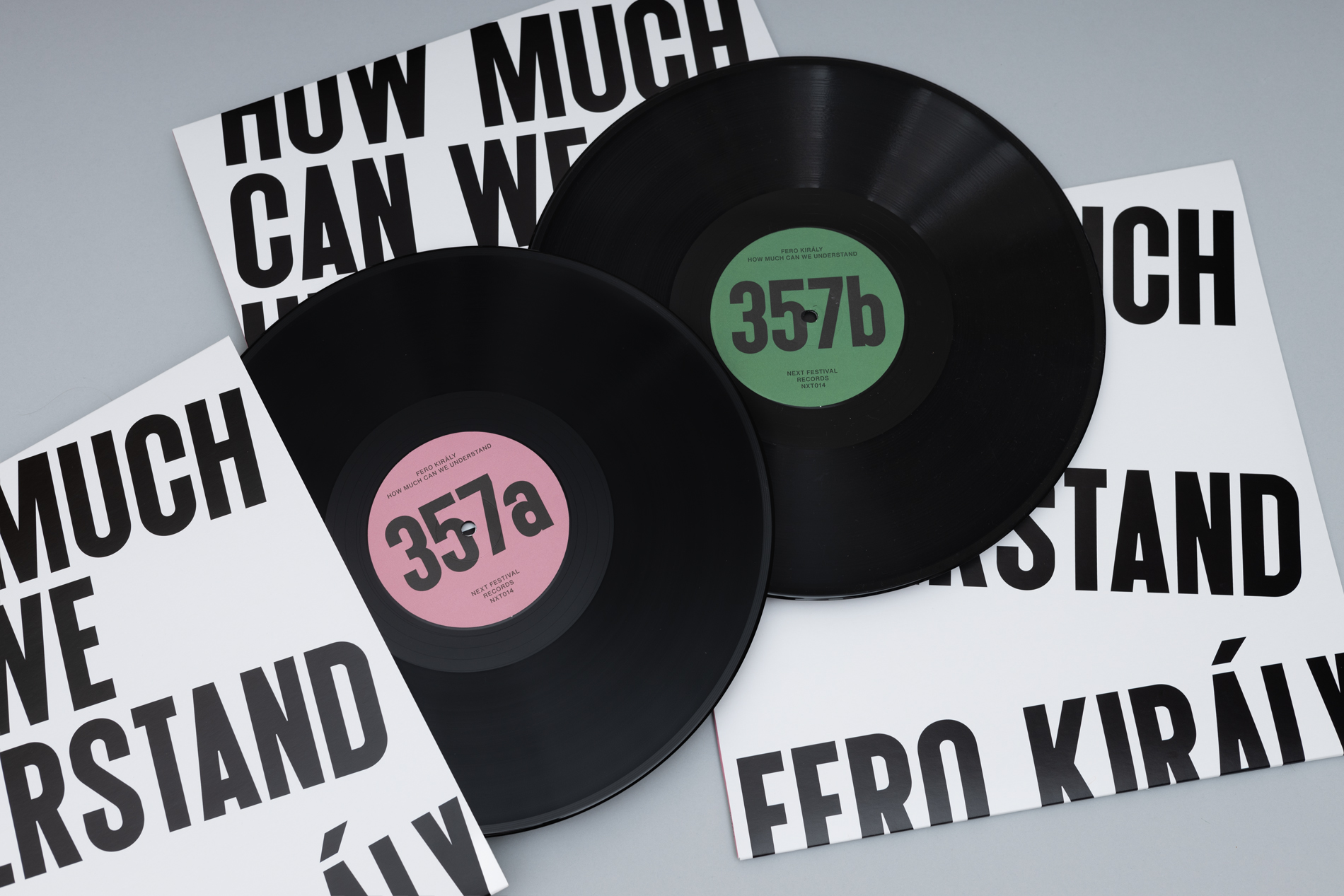How much can we understand

Figure 1: Photo: Monika Kováčová
There are many questions for which we will never find answers. For a simple reason – we lack the necessary capacity.
We can only think within the limits of our cognitive abilities, which are given to us biologically (the physical limits of the brain, nervous system, body) and by society (culture, language), so what we are able to understand has its natural boundaries.
Even if our cognitive capacity were to improve over time through evolution (horizontally, which is very time-consuming) or through technological extensions (vertically, where rapid changes come with their own dangers, as some of us have already noticed), our perspective and its interpretation will always be limited.
Just as we understand the concept of an event horizon in astrophysics (we can only observe what black holes do not swallow), we live in a space, an order, or if you like, we are constructed in such a way that our cognitive horizon is predetermined.
If we could make peace with the fact that we will never be able to fully understand everything, we could consider it good news. Accepting that not everything can be calculated and not everything can be controlled would help us redirect our attention to empathy, art, and the quality of our lives.
I imagine how it all could be.
I imagine stories – and within them, a whole universe constructed in such a way that all processes happen spontaneously, automatically. A comet flies by, a supernova explodes, clusters of galaxies form and dissolve. These are not pre-planned phenomena with intent and purpose. Their possibility, or more precisely, their probability of existence, is contained in the program of the whole, in the substrate of possibilities.
In the substrate of probabilities.
I imagine how complex systems emerge within it. Let’s call them life. Life also has no intent or purpose.
It came into being, it happens because it is the default.
I imagine the stories of a great automaton, a computer, within whose substrate, program, I also exist.
It’s nothing special.
I imagine all these stories.

Figure 2: Photo: Monika Kováčová
All the music was created by a generative process using a simple computer program – a cellular automaton with code 357. Through simple rules, these automata simulate complex systems that resemble aspects of nature, the universe, or life if you want.
The inspiration for the album comes from reading texts by authors such as J. Bach, J. Kelemen, M. Minsky, V. Flusser, S. Wolfram, K. Zuse, T. Morton, B. Latour, L. Kováč, and many others.
https://nextfestival.bandcamp.com/album/how-much-we-can-understand
NEXTfestival records 2024
released September 5, 2024
Music by Fero Kiraly
Mastered by Rupert Clervaux
Cover by Matej Vojtuš